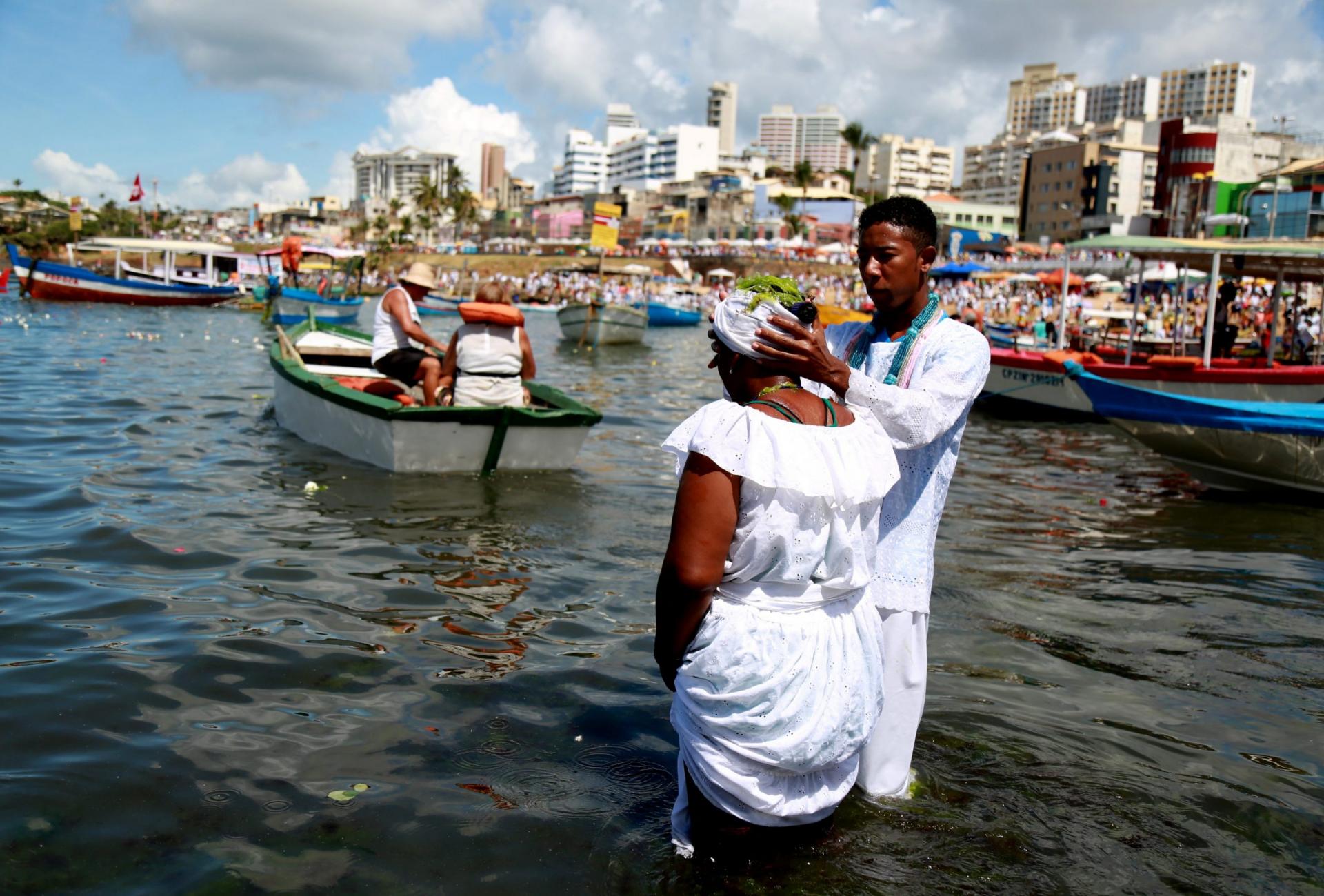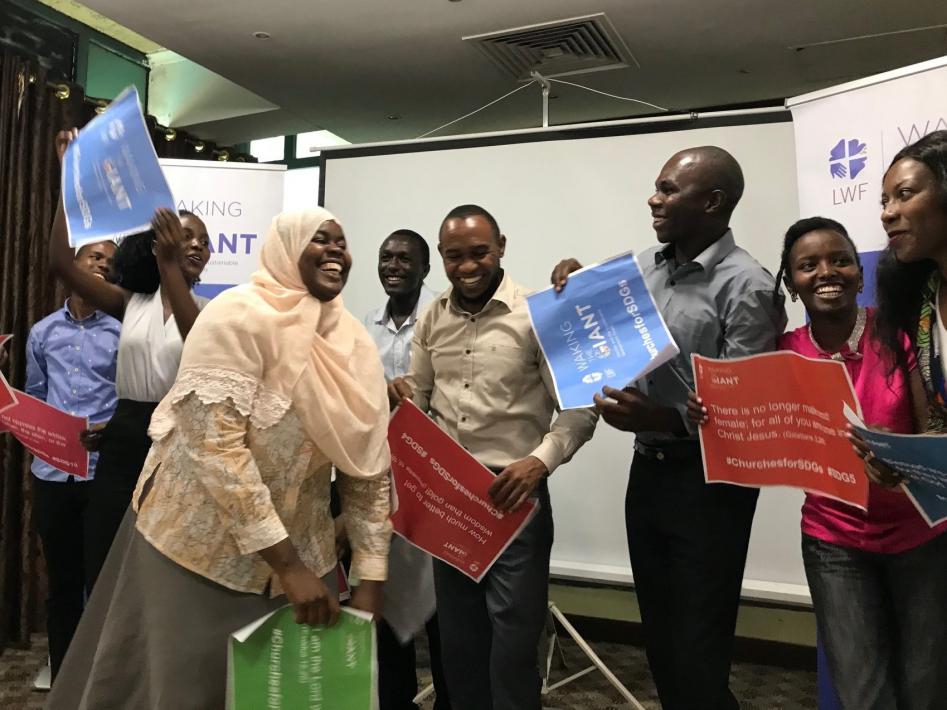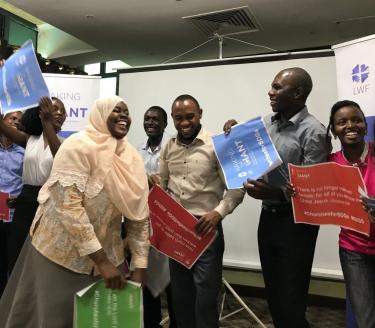What is Freedom of Religion?


Freedom of religion or belief is a human right that gives every person the right to have, to change, or to leave his or her religion or belief.
It is a human right to practice one’s religion or belief alone or together with others, privately or in public, for example through worship, preaching, or teaching.
Freedom of religion or belief gives the state the responsibility to protect all citizens against coercion and discrimination on the grounds of religion or similar reasons. Still, more than three fourths of the world’s population live in countries where freedom of religion or belief is greatly constrained by the state or by social antagonism which give rise to hate crimes, violent riots or terrorism linked to religion.
We Promote Freedom of Religion For All
In many of these countries, our member organisations and their partners are working for a better world. We know that women are often more severely affected by violations against the freedom of religion or belief than men. For this reason we see freedom of religion or belief as key in our work for gender equality, and also vital in furthering other rights such as the right to freedom of speech.
On the basis of our Christian values, we believe that every person is created in the image of God with a free will, ability, and with a mandate to take responsibility for this world. Violations of the freedom of religion or belief prevent people from living their lives in fullness; therefore preventing the development of equal, peaceful, and democratic societies. This is why we work for the freedom of religion or belief as a human right for all regardless of their belief or religious affiliation.
We Educate About Freedom of Religion
We believe that freedom of religion or belief should be a prioritised issue in Sweden’s and the EU’s foreign policy. We therefore dialogue with and educate responsible civil servants so that they develop a deeper understanding about the issues.
Together with our member organisations, we also educate local actors in countries where freedom of religion and belief is greatly constrained. This creates better conditions globally, not only for freedom of religion or belief, but also for equality and democratic development.
You can Contribute to a Culture of Religious Freedom
You can make a difference by learning more about freedom of religion or belief and reflecting on how your own values affect the rights of other people.
Course on Fabo – FORB for all
FORB for all uses short videos, interactive exercises and case studies from across the globe to help you learn and reflect on what freedom of religion is and why it matters.
Learn moreRelated documents
Conventions and Declarations Compendium
The compendium provides an overview of important international and regional agreements and documents on freedom of religion and belief
Quick guide to Freedom of Religion or Belief
In this guide we explain the human right freedom of religion or belief and when it may be limited.
In this report from 2023, three human rights experts from Oxford University in England uncover the relationship between FORB and SOGIE rights from perspectives of human rights law, UN-politics and some practical implications for faith-based development actors.
Read More
The report Claiming space for Faith, published in 2020, elaborates on the connection between freedom of religion or belief and democratic space for civil society.
Course on FoRB Learning Platform
The Local Changemakers Course
Based on storytelling, visual communication and interactive exercises, this course draws upon real life experiences from people working to promote freedom of religion or belief around the world.
Course on Fabo
Gender Equality and Freedom of Religion
Many people see a conflict between women’s rights and religious rights. In this course on Fabo we explore how they actually belong together and can strengthen each other.
Report
Claiming Space for Faith
In this report, faith based organisations and secular civil society organisations in our network from 29 countries share their experience of violations of both civic space and freedom of religion or belief.


Religious literacy
Who Cares About Religion?
Everyone working in international development cooperation, in conflict situations, or involved in social or humanitarian work, need knowledge about the role of religion in the particular context in order to do a good job. We know where you can start.
Learn more about religous freedom
We are part of the FoRB Learning Platform where you can access free educational materials such as films and manuals to learn more about freedom of religion or belief.

